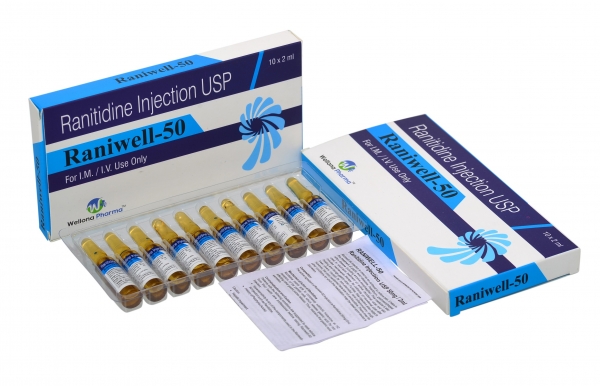Ranitidine uses have primarily served to control the gastrointestinal pH in the oral form, a characteristic that has made it quite popular. Yet may ranitidine be given by injection?
This post examines what injectable ranitidine is, its scope, and its safety, as well as insights expressed by doctors on Ask Ayurveda and how the site’s services can benefit users both in the holistic and reliable management of these inquiries.
What Is Ranitidine Prescribed For?
Historically, ranitidine is prescribed to decrease the secretion levels of stomach acid, especially as a treatment for acid reflux, ulcers, and heartburn. The generic name ranitidine commonly applies to such preparations in oral dosage, which are intended to relieve symptoms and reduce excessive acidity of the stomach.
Is It Injectable?
Yes, in practice, ranitidine may also be administered intravenously and intramuscularly, e.g., in case of vomiting and surgical or unconscious patients who are not able to take the pill orally.
But injectable ranitidine is less frequently used today, with several institutions having discontinued it via safety considerations, and alternative acid-reducing medications, like proton-pump inhibitors, are used instead.
Insights From Ayurvedic Doctors
Even though most of the consultations on Ayurveda are regarding oral ranitidine, their Doctors also offer insightful views. In the article about the utilisation of ranitidine tablets, Ayurvedic physician Dr Sujal Patil says that even though ranitidine might be able to work in the short term to reduce acid levels, long-term use without fixing the digestive imbalance will not solve the underlying issue.
Rather, Ayurveda recommends relaxing and calming herbs -such as coriander water, amla juice, or liquorice tea- to placate overactive stomach acid by balancing digestive fire (Agni) and Pitta dosha.
Even though the advice given by the doctors applies when it comes to the oral administration of ranitidine, they do provide adequate information on why it is a symptomatic treatment, whilst the focus of the holistic method is to address the underlying digestive imbalance.
The Ways That Ayurveda Helps The User
When questioned as to when to resort to the pharmaceuticals and when natural support is perhaps the answer, then Ask Ayurveda offers personalised expert guidance at all times of the day, night, and it is even free of charge, and it can be signed up for.
You may be wondering what to use, ranitidine injections or tablets, or even where to find an authentic alternative. Herbs could help with your problems; their user-friendly site lets you explore the trusted directions that meet your specific constitution and digestive requirements.
Conclusion
Although ranitidine uses are mainly familiar in oral preparations, injectable ranitidine is applied in certain clinical situations it is falling out of favour. A debate topic stirred in Ask Ayurveda points out that, no matter how it is delivered, ranitidine treats symptoms rather than the fundamental imbalances of digestion.
The Ayurvedic practitioners on this site prescribe natural duties and lifestyle modifications that foster agni and create harmony. Ask Ayurveda empowers informed options and sustainable digestive satisfaction between traditional Ayurveda and modern issues around health.

